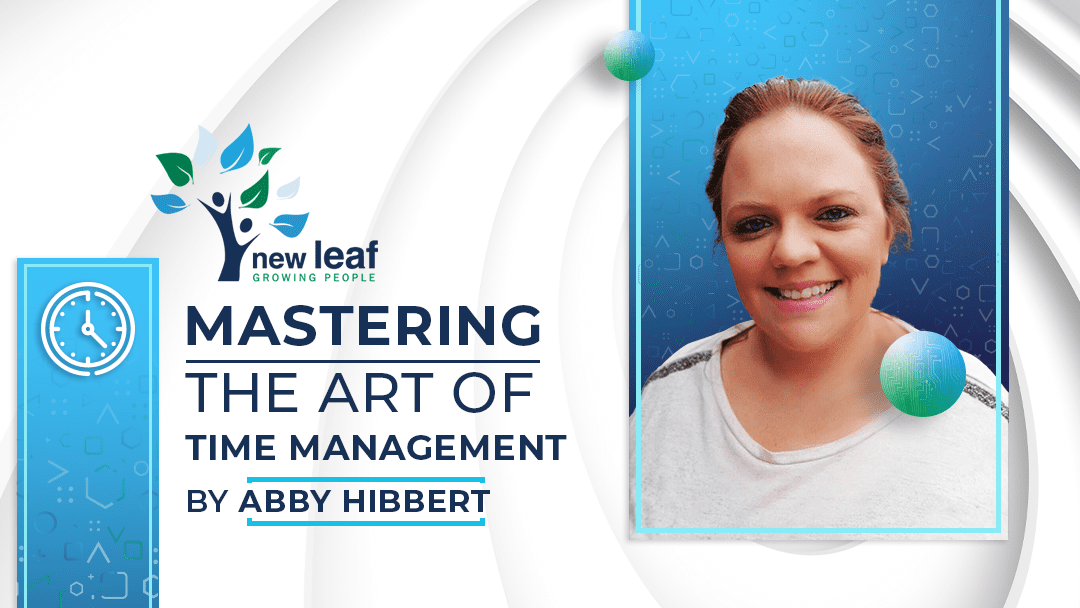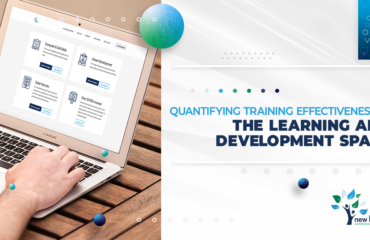
The Cambridge dictionary describes time management as the notion of using the time you have available in a useful and effective way – especially when considering your work. Time Management is most synonymously found with words such as analysis, allocation, prioritisation, and planning.
Oliver Burkeman argues that by aiming to do less every day, you could accomplish more in the long run.
The 3-3-3 Method
- 3 hours should be spent on your most important project, ensuring you have set a goal for the day and met it day.
- Aim to complete three shorter tasks, these are usually the not so urgent ones.
- Dedicate time to three maintenance tasks – these would be tasks that need your daily attention.
Time Management Strategies and Tips
- Start your day with a healthy morning routine – How you start your day and what you choose to expose yourself to sets you up for success or failure.
- Create a task list – This will include both your personal and work tasks. Decide if they are important/urgent and assign a priority to each one. This will allow you to effectively plan and achieve the most out of your day.
- Start with the highest priority tasks first – this task will have the greatest impact on your day. You might think it is easier to start your day with checking emails, but how much value does this really create? Rather tackle bigger tasks first, when you are feeling the most productive.
- Ensure you schedule breaks between tasks – this will ensure you stay motivated, focused, and fresh.
- Avoid multitasking – Whilst we may feel that multitasking will make us more effective, studies have shown that we cannot focus on more than one task at once.
- Minimise distractions and have a routine – Avoid loud notification sounds, rather assign certain times of the day to check your email – this includes notifications on your phone. Having a routine will help you avoid distraction.
- End your day with housekeeping – Assign about 10 minutes at the end of your day to review your tasks, from here you can decide what will be the number one priority for the next day.
Remember that time management is not about getting all your work done, but rather identifying key tasks and getting them done efficiently.




